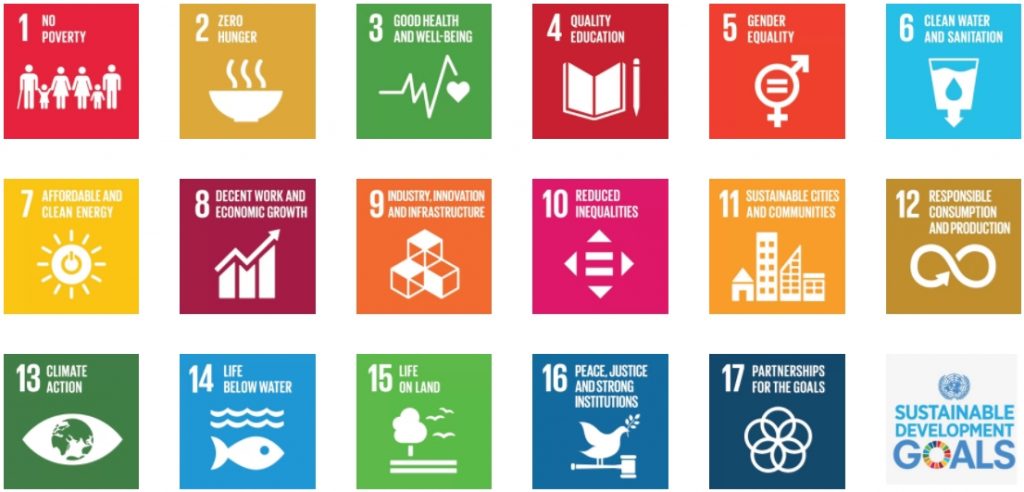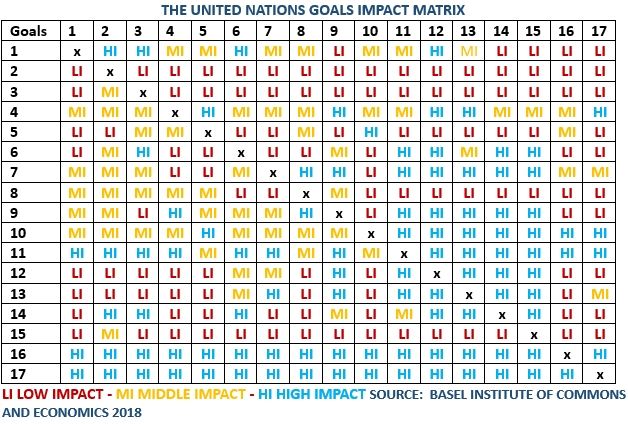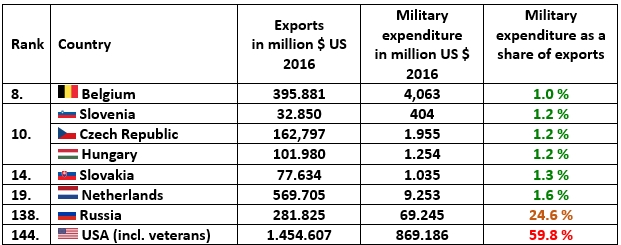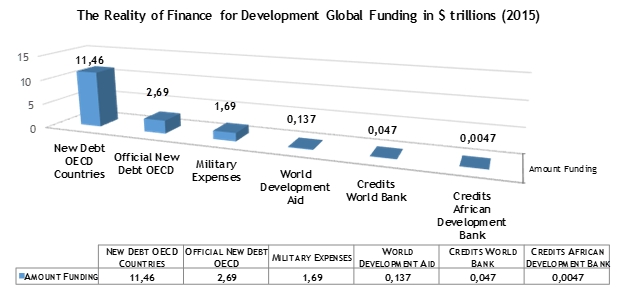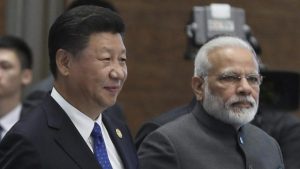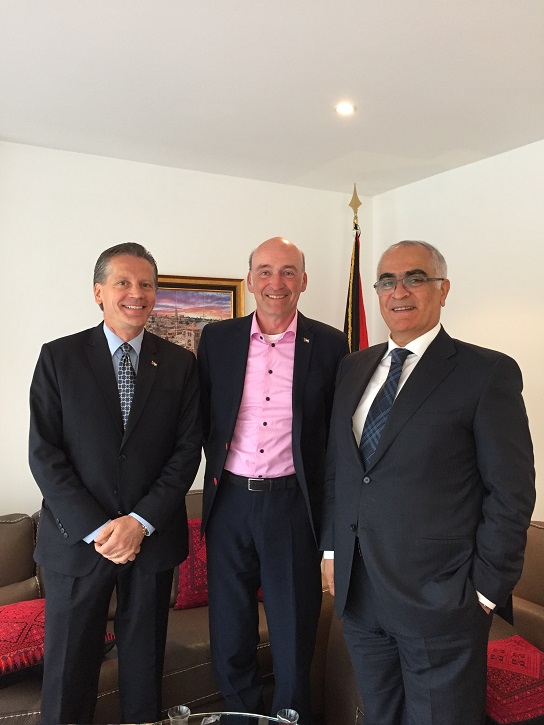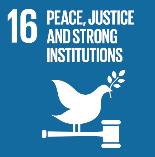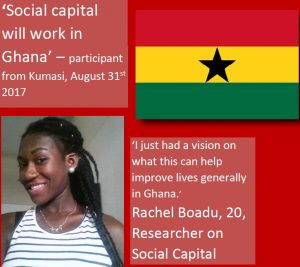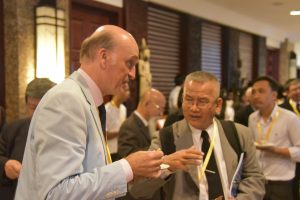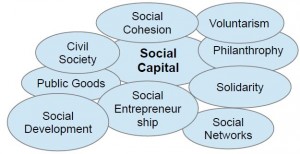The UN Peace bodies need support, not destruction
On April 14th 2018 three members of the UN Security Council decided to conduct a missile assault in the midst of the populous area of the city of Damascus. The rationale for this act can be found in the press release of the French President Emmanuel Macron:
„There is no doubt as to the facts and to the responsibility of the Syrian regime. The red line declared by France in May 2017 has been crossed. Tonight, I have therefore ordered the French armed forces to intervene, as part of an international operation conducted in coalition with the United States of America and the United Kingdom against the clandestine chemical weapons arsenal of the Syrian regime. Our response has been limited to the Syrian regime’s facilities enabling the production and employment of chemical weapons.“
Beside the fact that there is serious doubt that the event happened – if the governments of the US, the UK and France had evidence for the existence of a ‚clandestine chemical weapons arsenal‘ to attacking these arsenals with missiles may cause thousands of deaths and an environmental disaster.
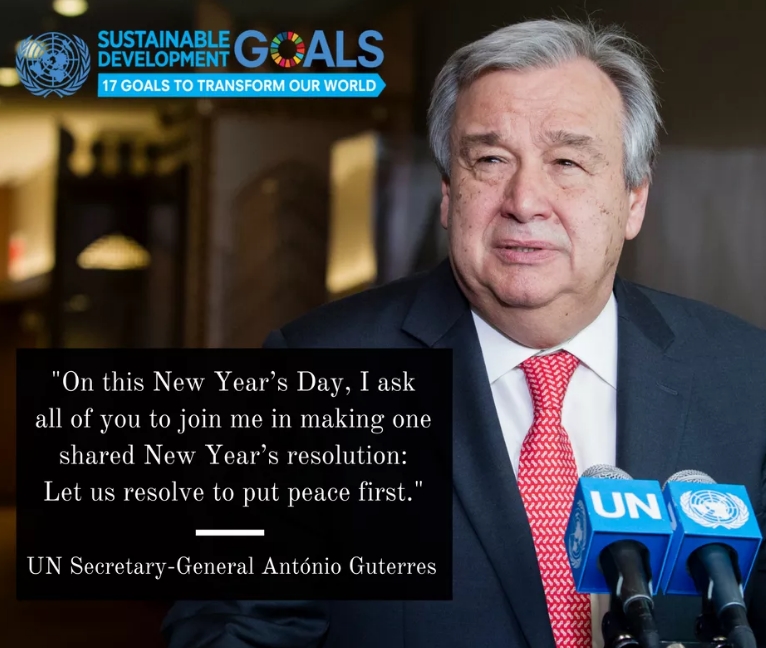
The Basel Institute of Commons and Economics. a member of the UN stakeholdership to achieving the common UN Goals – especially Goal 16 Peace – therefore released information from the ground in Douma that raise questions on the chemical weapons attack.
Further the Basel Institute condemned the assault on Syria, that since seven years now suffers from a proxy war causing millions of refugees and around 700’000 death up to now.
Attacking this country again without considering the Charta of the United Nations weakens the bodies of the UN such as the Security Council, the General Assembly, OHCHR but as well UNDESA and UNESCO that work for peaceful relations and solidarity between the countries.The release of the Basel Institute has been published by the Austrian News Agency APA in the context of the UN’s activity concerning the alleged attack with chemical weapons and appeared in Austria’s ORF on April 22nd 2019.
The Basel Institute of Commons calls to all governments and Civil Society to supporting the bodies of the United Nations. Only respect for the community of the United Nations and its General Secretary António Guterres can prevent further violations in the future.
Kommentare deaktiviert für The UN Peace bodies need support, not destruction
admin am 23. April 2018 in Allgemein
